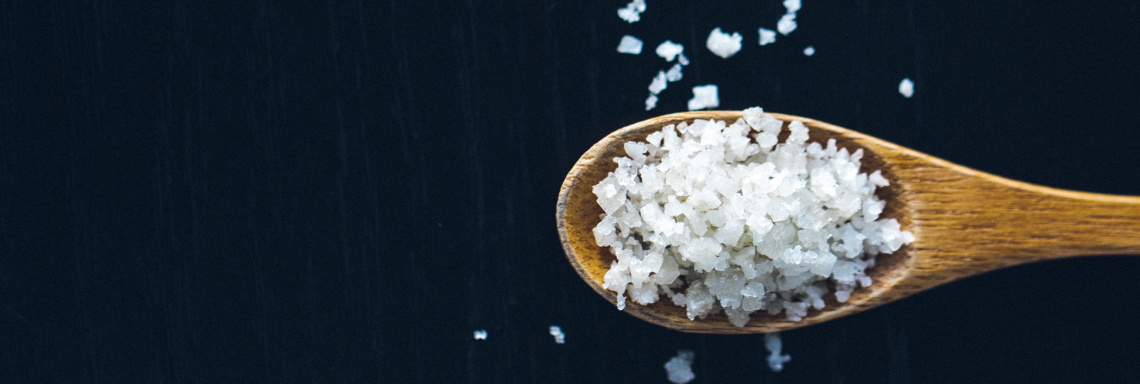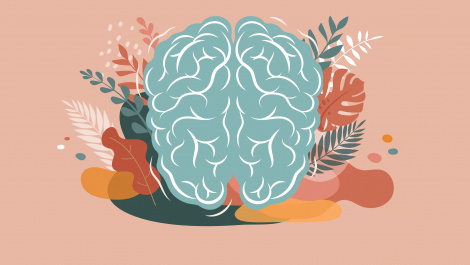Experts have been arguing about it for years - how much salt is too much? If you asked someone, they’d probably tell you that too much salt increases blood pressure and, with that, the risk of heart disease and stroke. And they would be right, but salt it is also crucial element in maintaining certain bodily functions. So how do you change your diet with certainty of lowered blood pressure and less risk? You can’t, but here’s some information to help you make an informed decision about how to monitor your salt.
Table salt isn’t the issue
The recommended daily amount is 2300 mg of salt (about one teaspoon), but more than 90% of adults in America far exceed that recommendation without realising it. This is generally a result of excessive amounts of salt in packaged, processed and fast-foods. And while adding salt to home-cooked meals can be avoided, some foods we may consider bland have high salt content. Research shows that just 2 slices of a standard loaf of bread can hold roughly 1 teaspoon of salt, maxing out the daily allowance. Even things like cottage cheese and some breakfast cereals are extra salty.
Your body needs salt to function
Salt is part sodium, part chloride. Your body needs the nutrients from sodium to survive. A proper balance of electrolytes inside and outside your cells is important in regulating many of the body’s functions, including hydration, respiration, blood pressure and proper nerve and muscle function. Some varieties of salt may contain trace amounts of calcium, potassium, iron and zinc. Iodine is often added to table salt which is important for thyroid function and only really present in products harvested from the sea, dairy and eggs; or grown in iodine enriched soil. The bottom line is that your body needs salt to function. Cutting it out entirely would put you at risk of muscle spasms and can interfere with your digestive tract and respiratory function.
What are the risks of a high salt intake?
When you regularly overdo it on the salt, the sodium holds onto water and you start to bloat. Limited fluid puts your whole system under strain, especially your kidneys. If there’s too much sodium in your circulatory system and your kidneys can’t process enough of it, it builds up in your blood. The water retention from the excess sodium puts extra pressure on your arteries, causing higher blood pressure and could lead to heart attacks and stroke over time. If you have low to regular blood pressure there isn’t need for too much concern. However, if you have higher than normal blood pressure, caution around salt intake is advised.
The only take-away you need
It’s hard to know if you are under the 2,300mg a day threshold, but a few conscious choices will go a long way. So, instead of banishing the salt shaker forever, read labels and check for sodium. Limit the use of canned, processed and frozen foods. If you eat out often, try to avoid over doing it on the salt-heavy cuisines like Chinese or McDonalds. And, as often as you can, eat real food and add salt to taste.







Comments